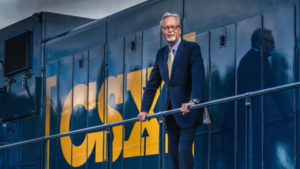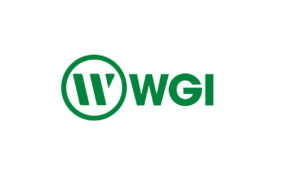A cost to complete and a new date for The Tide
Written by jroodHampton Roads, Va., Transit said that the final cost to complete construction of The Tide light rail system will be $338.3 million and that passenger service will begin in May 2011. The new figure comes after a six-month review by HRT and its financial advisor to identify costs not fully accounted for in previously released budgets, including the additional time required to design project changes and then complete construction.
The
figure is based upon the work of AECOM, HRT’s financial consultant of record,
an internal assessment of the project conducted by HRT last fall, and a "bottom
up" review that combined previous efforts into a final cost.
"This
is the review that has long been needed," said HRT President and CEO Philip A.
Shucet. "The public now has a clear idea about what it will take to complete
this important project and when passengers will board. Our organization will own the
responsibility of this work."
The
amount includes changes in three broad categories that affect the bottom line:
hard construction costs, such as those associated with actual building, and
soft costs, or those involving design and construction and program management
oversight. The third is real estate.
The
reviews of hard costs found numerous examples of changes that were required and
now account for about $224.8 million of the total project cost. This figure
includes the additional time required to build project components after changes
were made to existing contracts, extensive underground utility relocation,
system safety enhancements, and delays relating to the vehicle maintenance and
storage facility.
Soft
costs, such as program and construction management fees, rose as the time to
deliver the project grew longer. Updated soft costs now account for $69.9
million of the total project costs. As The Tide nears completion – it’s about
62 percent complete – the amount of hired help has declined as HRT assumes a
greater control over the project.
Higher
costs associated with real estate, utilities and insurance now account for
$30.8 million in project costs. Some of the higher real estate costs are
associated with the work required to obtain a large number of temporary
construction easements to allow workers access to property.





